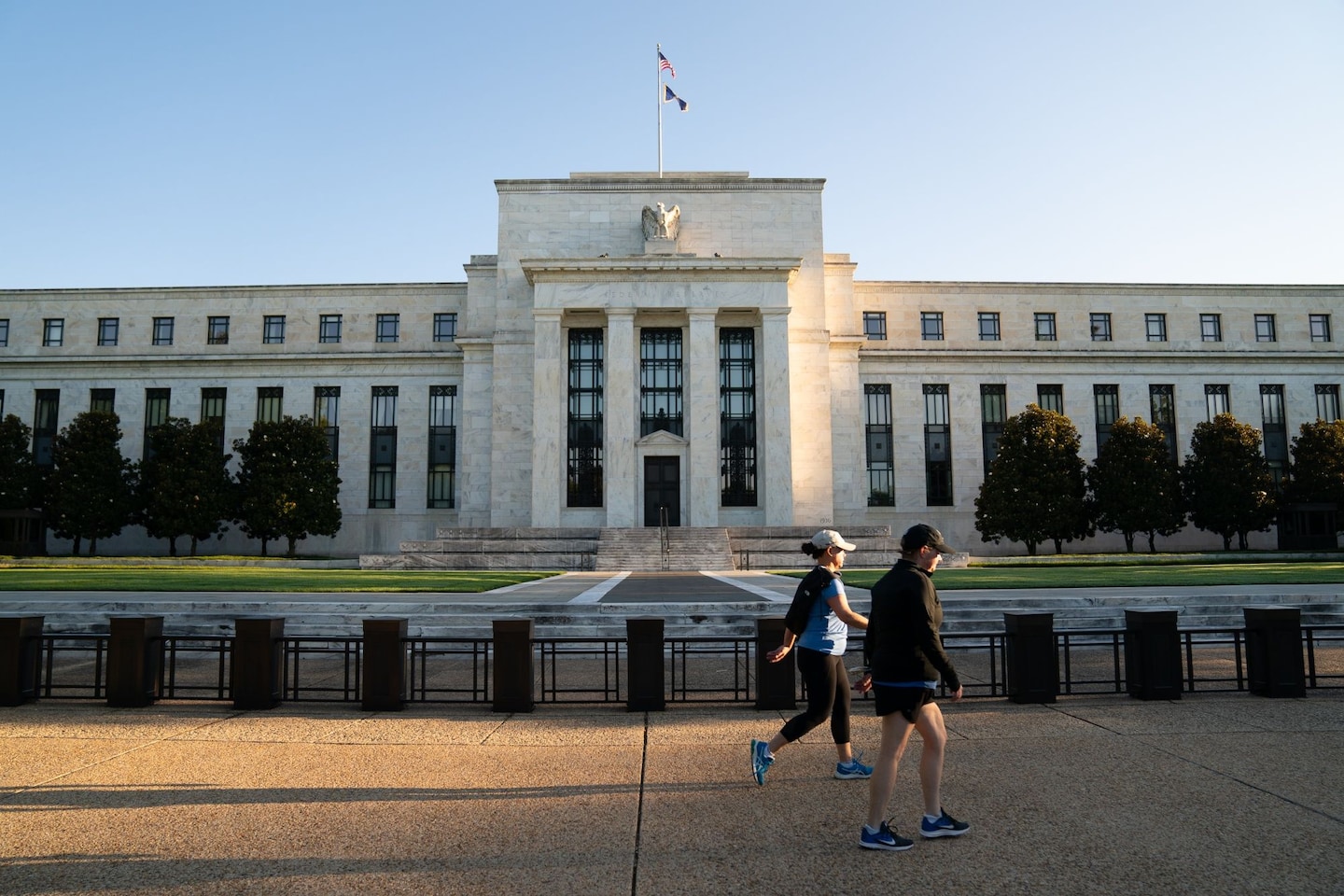Fed forecasts gloomier economic recovery without more relief from Congress

The meeting minutes underscore how Fed leaders view another stimulus package — one that reaches households, businesses and local governments still on the brink — as essential to a strong and stable recovery.
At the meeting, Fed leaders updated their estimates on unemployment in the coming years to reflect a sense of optimism that people were returning to work faster than expected. But in many cases those projections factored in some measure of more fiscal aid, the prospects of which were thrown into chaos Tuesday after Trump abruptly called off negotiations before then continuing to push for more talks on narrower targeted aid.
“If future fiscal support was significantly smaller or arrived significantly later than they expected, the pace of the recovery could be slower than anticipated,” according to the Fed minutes.
Fed policymakers also warned that, while the Cares Act was crucial for providing benefits to millions of families, Congress’s “support so far for households, businesses, and state and local governments might not provide sufficient relief to these sectors,” the minutes read. Fed leaders pointed to “the extent and timing of additional fiscal support” as another source of uncertainty, along with the economic toll of school and small-business closures, as well as bankruptcies.
On Tuesday, Fed Chair Jerome H. Powell again called on Congress to keep up the support, especially for pockets of the economy that were not experiencing a rebound. Speaking at the annual meeting of the National Association for Business Economics, Powell said that too-little support could ultimately lay a foundation for household insolvencies, business bankruptcies and meager wage growth.
“By contrast, the risks of overdoing it seem, for now, to be smaller,” Powell said Tuesday. “Even if policy actions ultimately prove to be greater than needed, they will not go to waste.”
But on Tuesday afternoon, Trump announced that he had instructed Treasury Secretary Steven Mnuchin to end bipartisan talks over a stimulus package. That message appeared in conflict with another string of tweets hours later in which Trump urged Congress to make a deal. The White House is now looking for a deal for the airline industry, according to the House speaker’s office.
Over the past few months, Fed leaders have grown increasingly direct in their calls for more stimulus, which could send money directly to households, businesses and industries that are still on shaky ground. By contrast, the Fed’s programs largely support the financial markets or lend money to midsize businesses and local governments.
Powell and others have long cautioned that a stable recovery depends on controlling the virus and that monetary policy cannot rescue the economy alone. That is especially the case for workers who have disproportionately suffered in this recession, namely low-income workers, women and people of color who held jobs in service industries — such as restaurants, entertainment and travel — that may be permanently damaged.
“A number of participants judged that the absence of further fiscal support would exacerbate economic hardships in minority and lower-income communities,” the Fed minutes read.






